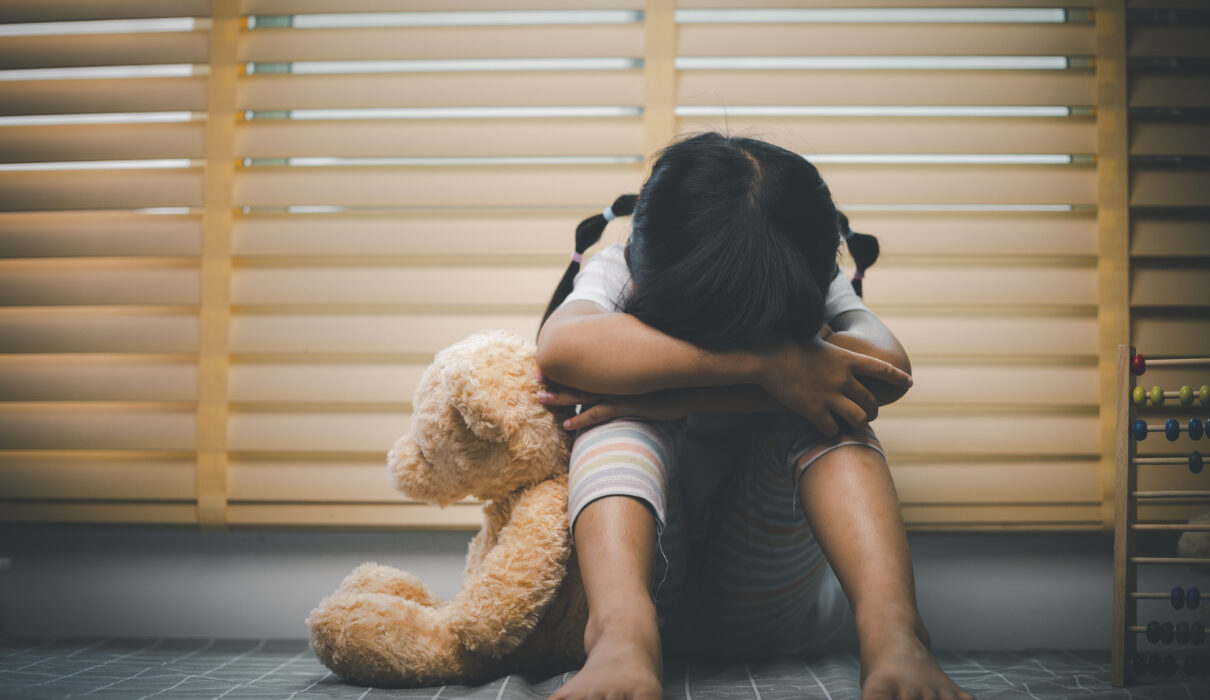Gender violence is sensitive to many factors. One of the most relevant is the social support that the victim may have, a network in which the family usually plays a decisive role.
Gender violence is attracting the attention of the media, a fact that potentially expands the number of responses we can give as a society, and as individuals.
However, it is also possible that we realize that it is the people around us who are suffering the consequences of abuse, harassment, humiliation, physical mistreatment or other behaviors that involve physical and psychological violence .
It may also happen that as parents we realize that our own daughter is a victim of gender violence . In this article, we will reflect on what we can do in these cases.
The importance of prevention
Recently, the Government of La Rioja has published a guide : the awareness and prevention guide on gender violence aimed at families. This guide underlines the importance of prevention. It is key. Preventing the situation of violence from getting worse ( spiral of violence ) is vital for the abuse to stop and the person to be able to rebuild their world.
In this regard, the guide makes some recommendations:
“The macro-survey on gender violence carried out in 2019 shows that nearly 72% of women between the ages of 16 and 24 experience some type of violence.”
-Estela Pavon-
Tell it
Your daughter may not have dared to share it yet. If this is the case, the guide recommends that parents themselves contact more specialized agencies to request information. In this regard, in Spain there are public telephone numbers available, such as 016, where any woman can ask for help.
Most teenagers feel inferior to their normative group. In addition, they are at a key moment in the construction of their identity, which can be overwhelming. The driving force that guides many teenagers is the need to affirm who they are, what they want and where they want to go. For this reason, it can happen that many teenagers find it difficult to talk about the violence they may be suffering from their partners.
Build
Parents can be extraordinary havens of safety , but there are other safe havens that can form a real net. Imagine a fishing net: it is strong and can hold great weights. This net is made up of the family, but also friends, school, authorities and health centres.
“The goal is to help the victim break the traumatic bond that keeps them in a violent relationship and to permanently distance themselves from the abuser.”
-Estela Pavon-
Listen
On other occasions, it may be the teenager herself who tells us . This is an important moment: she is asking us for help, and it is also a moment in which she is receptive to the help we can give her.
If we find ourselves in this situation, it is important to accept what the person is saying without evaluating it, without judging it. Pressuring them to provide a greater level of detail to the information they are giving us can be counterproductive.
Here, speed is the key. The sooner people contact quality support services, the better. In cases where the teenager lives outside the family home, it is interesting to open the doors of the home to them, once again. This is an important driver of change.
Complaint
Taking into account all of the above, it is important that we all support the teenager in her process. Through support, protocols can be established that serve as a basis in difficult situations, such as providing her with telephone numbers to contact specialized help services.
Communication is a relevant factor. Being able to talk to the minor on a regular basis can be a pressure relief valve, both for her and for family and friends. This also serves to detect warning signs that undoubtedly require action.
Setting code words to watch out for is a good option and allows both the teenager to communicate and family members to understand the message. Code words are intended to make the abuser unaware of what is being said.
If you are a parent and your daughter is a victim of gender violence: speak up. Consider asking for help.
“If there is a risk to your physical integrity, you should report it. In addition, seeking professional help so that you can recover from the injury is essential.”
-Estela Pavon-


